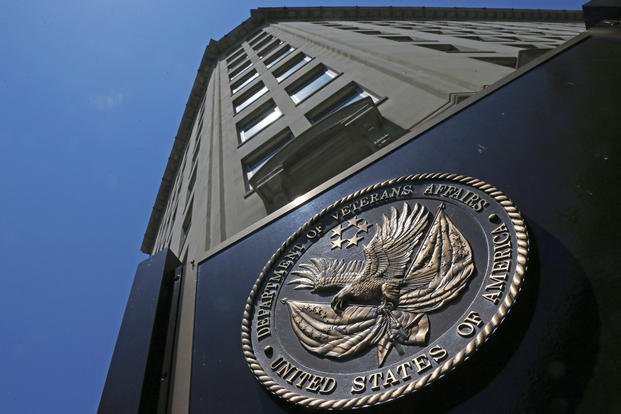VA Opens Door for More Vets with Other Than Honorable Discharges to Receive Health Care and Benefits
Some veterans who received other than honorable discharges for offenses that include misconduct, questionable behavior or homosexuality will be able to apply for health care and benefits at the Department of Veterans Affairs, VA officials announced Thursday.
The VA is expected to amend its regulation regarding what is known as “character of discharge,” or type of discharge, by eliminating a barrier for veterans kicked out for being gay. It also will create an exception for those discharged for misconduct or problems that may be related to mental health issues stemming from combat exposure, discrimination, sexual assault and more.
According to the VA, the department will consider a former service member’s length and quality of service, as well as any other confounding issues, to determine whether a veteran is eligible for health care and benefits.
In the past decade, the VA has approved roughly 75% of applications it received under its character of discharge review, providing benefits to more than 57,000 service members.
VA officials said the new regulatory process creates a new path for the department to provide services to former service members.
“Too often, former service members believe that they cannot come to VA due to their discharge status — but the truth is that many former service members who were not discharged honorably can get health care or benefits from VA,” Under Secretary for Benefits Josh Jacobs said in a press release Thursday. “When you apply — as with all VA benefits — we will do everything in our power to get to ‘yes.'”
With the changes, the VA also is encouraging veterans previously denied to reapply. Officials believe that the changes will help those previously deemed ineligible.
“We encourage former service members with other than honorable discharges to apply for VA care and benefits today,” VA Secretary Denis McDonough said in a release. “Although VA cannot change your discharge status, we want to provide you with any health care or benefits we can — and we will work with you every step of the way to do exactly that.”
The VA character of discharge determination does not change the military’s characterization of service or discharge status. However, veterans can apply for a change of discharge status through their individual services’ military records correction boards.
VA officials previously provided benefits to service members discharged under the Defense Department’s “Don’t Ask, Don’t Tell” policy, which barred service by openly gay troops before being repealed in 2011. But the new regulation expands the number who may be eligible.
According to the VA, the change will allow the department to consider not only a person’s service to the country, but their mental and cognitive state, combat status, sexual abuse or discrimination.
Two veterans organizations, the National Veterans Legal Services Program and Swords to Plowshares, had sued the VA to issue the regulations that would expand benefits to veterans with less than honorable discharges.
Last week, they filed a new petition after the VA failed to meet a deadline established by a federal court to publish the new rule.
In a release Thursday, the groups said that, while they welcomed the new rule, it “reflects only minor changes” from the proposed rule in 2020 and “unfortunately falls short on many fronts.”
“Given VA’s track record, in order for this new regulation to make any difference to service members who have long been denied their benefits, VA needs to outline specific efforts to educate their employees to ensure they properly serve any newly recognized veterans,” NVLSP Director of Litigation Renee Burbank said in a release.
More than a half million veterans have received other than honorable discharges, including at least 125,000 post-9/11-era veterans.
The new regulation does not apply to veterans with dishonorable discharges or those convicted of desertion or mutiny.



